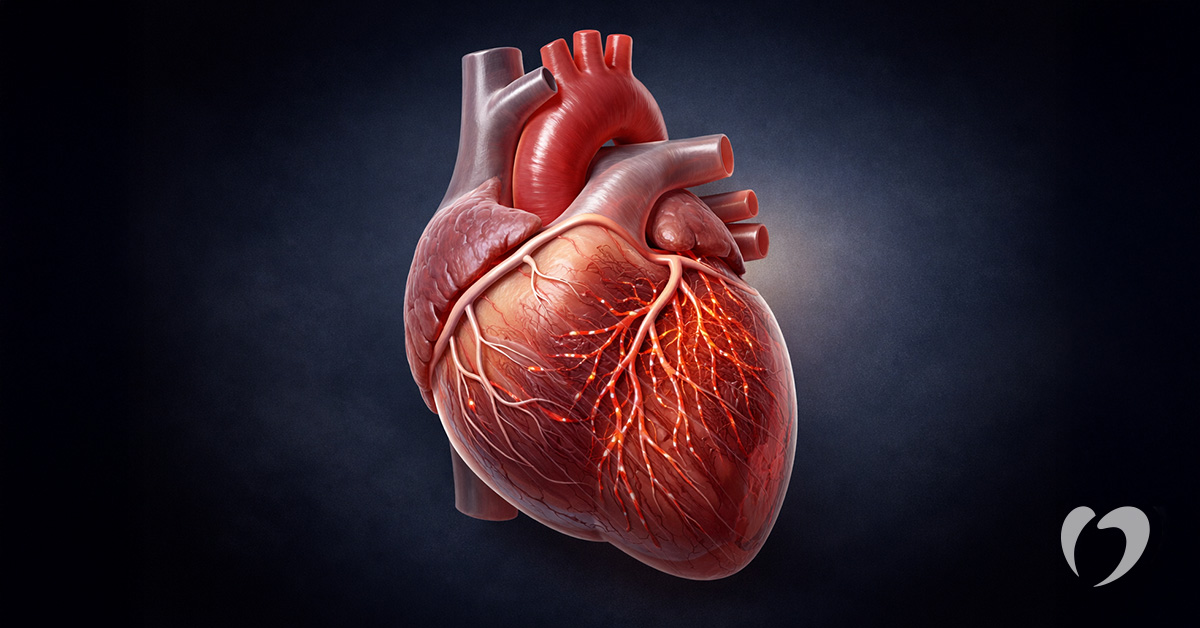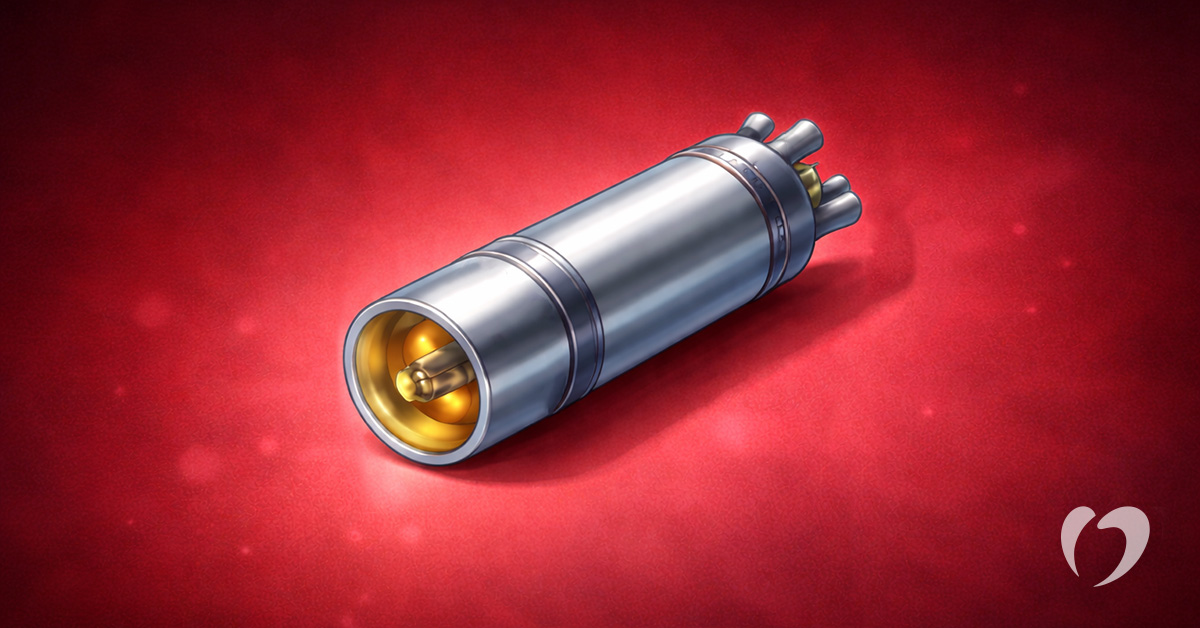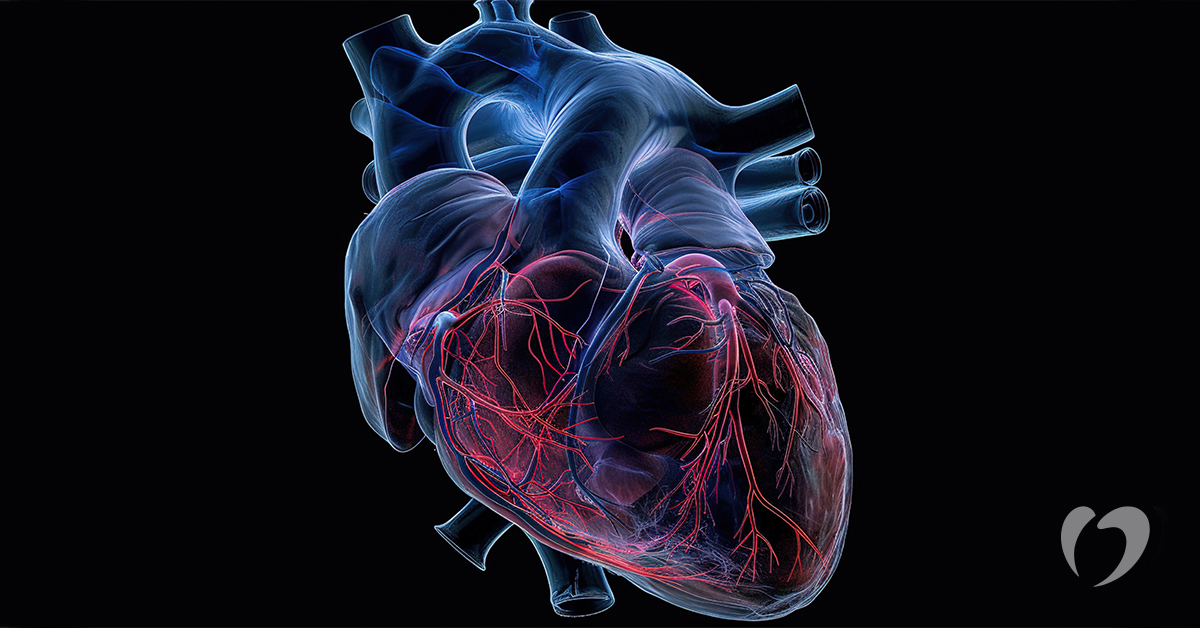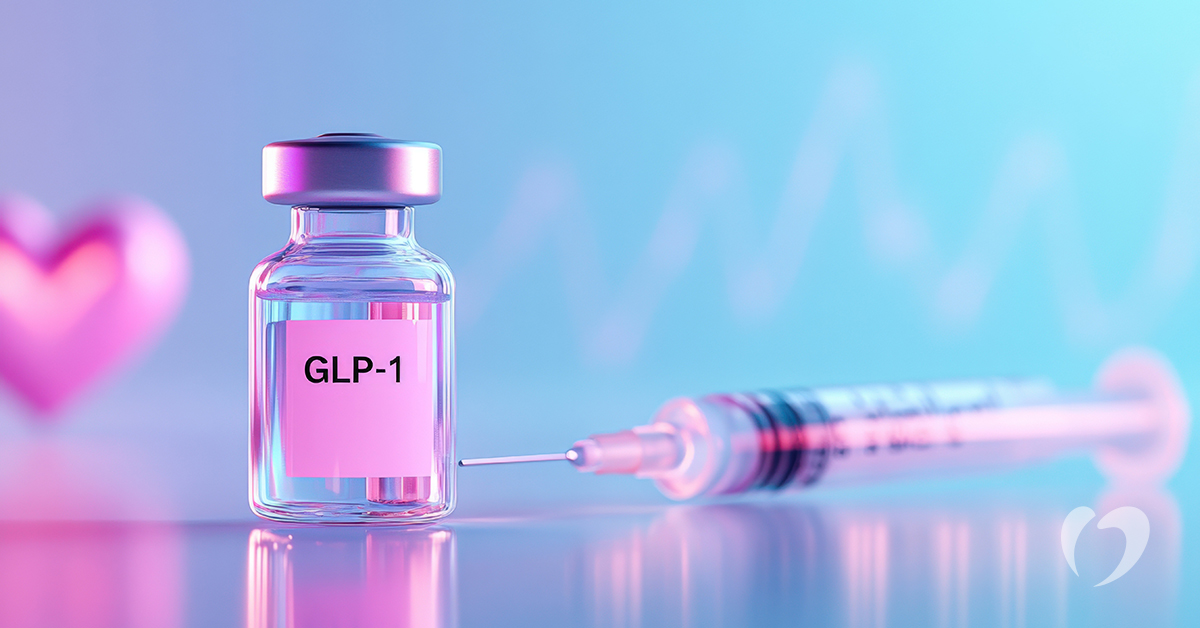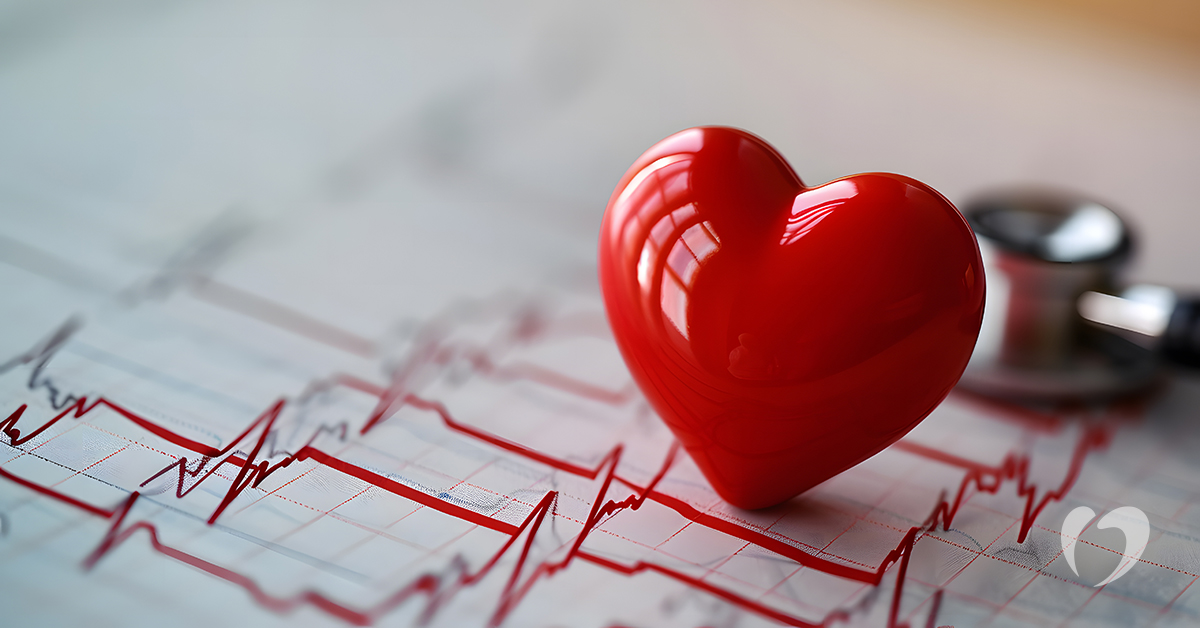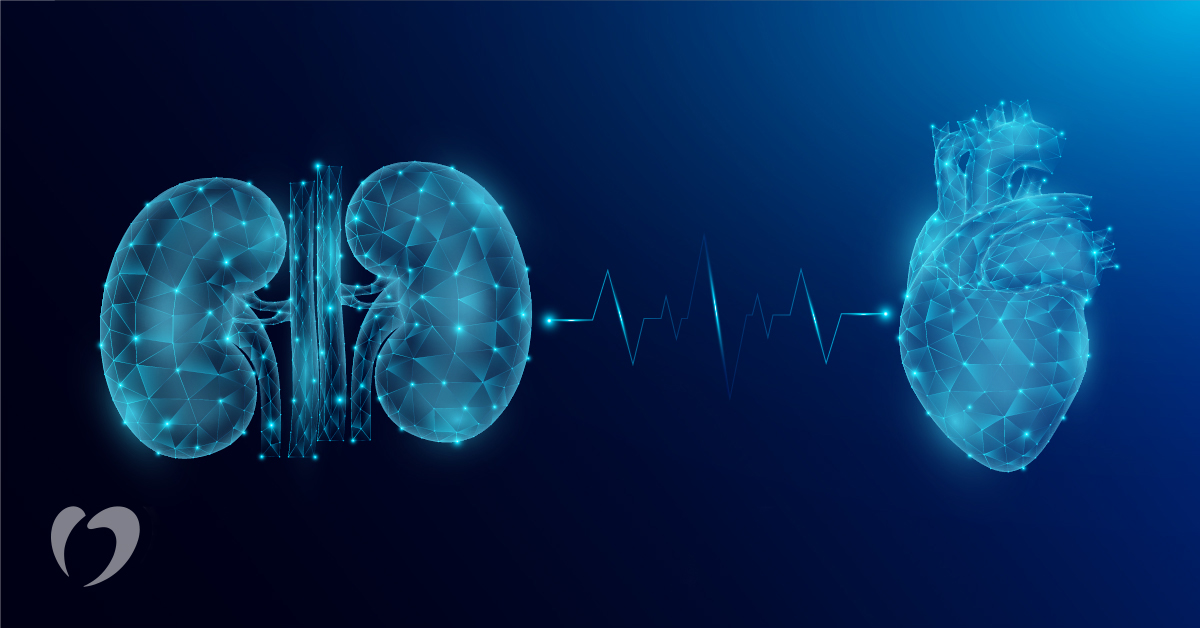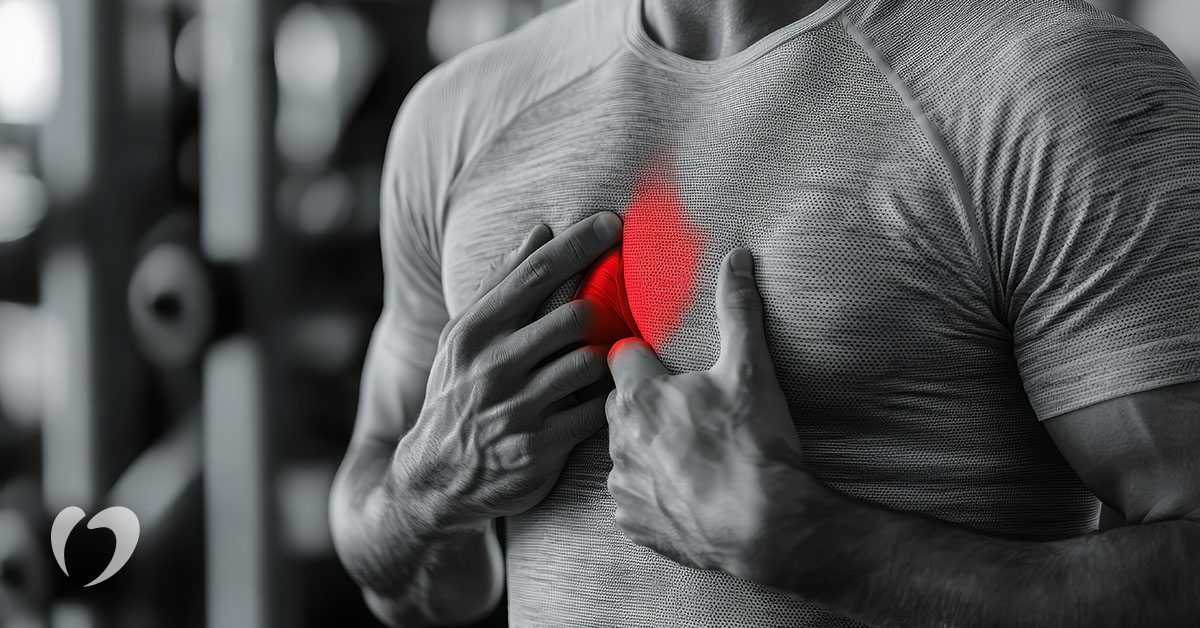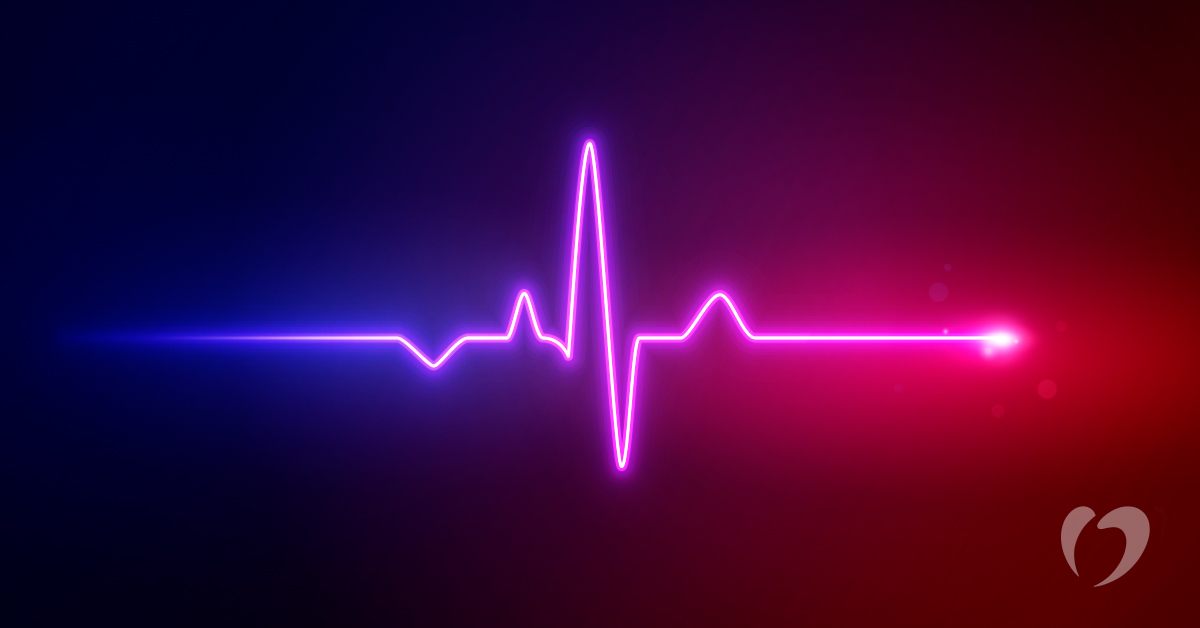Understanding Coronary Microvascular Dysfunction
Coronary microvascular dysfunction affects the heart’s small vessels and may cause chest pain even without blockages. Learn symptoms, diagnosis, and treatment options.
Read MoreA Guide to Leadless Pacemakers for Patients
Leadless pacemakers offer pacing support without leads or a chest incision. Learn when they are used, who may benefit, and how OHH helps patients understand their options.
Read MoreExploring the Connection Between Migraines and Heart Disease
Learn what research shows about the connection between migraines and heart disease and how Oklahoma Heart Hospital helps protect both your brain and heart.
Read MoreSilent AFib: The Heart Rhythm You Can’t Feel
Silent AFib has no symptoms but can still increase stroke and heart failure risk. Learn why early detection matters and how OHH’s Heart Rhythm Institute can help.
Read MoreUnderstanding Heart Failure with Preserved Ejection Fraction (HFpEF)
Heart failure with preserved ejection fraction occurs when the heart pumps well but does not fill properly. Learn how it is diagnosed, how it differs from other types, and how it is treated.
Read MoreHow Cold Weather Can Affect Heart Rhythm Disorders
Cold weather can affect people with heart rhythm disorders by increasing strain on the heart. Learn how to reduce your risk and protect your heart in winter.
Read MoreWhat Is Masked Hypertension and Who Is at Risk?
Masked hypertension occurs when blood pressure is normal in the clinic but high elsewhere. Learn how to identify and manage this hidden condition.
Read MoreExploring Complementary Therapies for Heart Rhythm Disorders
Complementary therapies for heart rhythm disorders include things like yoga or acupuncture that can support the body, but they’re not a substitute for medical treatment. Here’s what you should know.
Read MoreWeight Loss Drugs and Heart Health: What to Know About GLP-1 Medications
Newer weight loss drugs, including GLP-1 medications, are being studied for their effects on heart health. Learn about the potential benefits and possible risks.
Read MoreCommon Triggers for Arrhythmias
Common triggers for arrhythmias include caffeine, alcohol, stress, and more. Learn how to manage them and protect your heart health.
Read MoreThe Link Between Kidney Disease and Heart Disease
Kidney disease and heart disease are closely linked. Learn how problems with one can affect the other and what steps can help protect both organs.
Read MoreThe Long-Term Risks of Untreated Heart Rhythm Disorders
Untreated heart rhythm disorders may go unnoticed but can lead to stroke, heart failure, and other risks. Learn why early evaluation is so important.
Read MoreUnderstanding Heart Rate Variability
Heart rate variability offers insight into stress, recovery, and heart health. Learn what it is, what affects it, and when to talk to a cardiologist.
Read MoreHeart Rhythm Disorders in Athletes: Risks & Management
High-intensity training can affect your heart rhythm. Learn more about heart rhythm disorders in athletes and what to watch for.
Read MoreYour Heart at High Altitude
Higher altitude affects oxygen levels and heart function. Learn what to watch for and how to prepare, especially if you have a heart condition.
Read MoreThe Link Between Gut Health and Heart Rhythm Disorders
Gut health may impact heart rhythm through inflammation and immune response. Learn how they are connected and steps that will support your gut and heart.
Read MoreHow Strength Training Supports Heart Health
Strength training supports heart health by lowering blood pressure, improving cholesterol, and reducing body fat. Learn how to start safely from the comfort of your home.
Read MoreHow Dehydration Can Impact Heart Rhythms
Dehydration can impact heart rhythm through electrolyte imbalance and added strain on the heart. Learn how it can affect those with or without heart rhythm issues.
Read MoreHeart Attacks in Younger Adults: Understanding the Rising Trend
Heart attacks younger adults are becoming more common. Learn about the key risk factors, including lifestyle, family history, and pre-existing conditions, and how to protect your heart health.
Read MoreWhen to See an Electrophysiologist: Understanding Heart Rhythm Disorders
Experiencing symptoms like irregular heartbeats or dizziness? It might be time to see an electrophysiologist. Learn when to schedule a consultation at OHH Heart Rhythm Institute.
Read More
